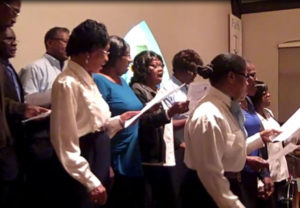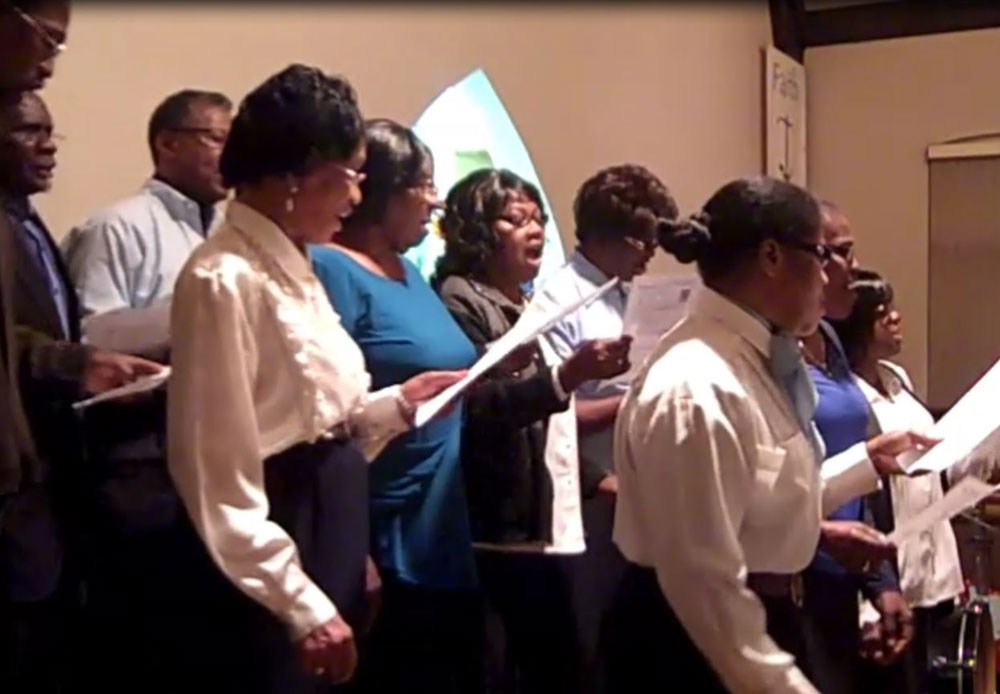August 25, 2011; Source: Christianity Today | Google for Nonprofits’ webpage, in big and bold print, beckons, “You’re changing the world. We want to help.”
The tech behemoth invites nonprofits to apply for its program that grants to selected organizations products and resources that can help any nonprofit “expand its impact.” Google offers free or discounted versions of its apps, free advertising, premium branding and increased uploads on YouTube, and free licensing for mapping technologies. This is a great opportunity for nonprofits that would otherwise not have the resources to invest in IT.
Some organizations, however, are not eligible for this largesse. Google precludes communities or groups that require “membership and/or provid[e] benefit solely to members;” those that have “religious content or proselytizing on their websites as well as organizations that use religion or sexual orientation as factors in hiring or populations served;” and those that serve “a primarily political function such as lobbying, think tanks and special interests.” Schools, childcare centers, academic institutions, and universities are also barred unless an organization’s sole purpose is to serve a disadvantaged community. Finally, places or institutions of worship need not apply.
The restrictions come as bad news to purveyors of the Good News.
Christianity Today reports that Brian Young, IT director for Living Hope Baptist Church in Bowling Green, Kentucky, had high hopes when he applied for Google support. Apparently Google had once welcomed congregations but tightened its restrictions over the summer.
Sign up for our free newsletters
Subscribe to NPQ's newsletters to have our top stories delivered directly to your inbox.
By signing up, you agree to our privacy policy and terms of use, and to receive messages from NPQ and our partners.
Young had envisioned how he would utilize Google’s products and services to proselytize. He had planned to unify 50 paid staff members and 270 volunteers with customized Gmail and office software, distribute video of Sunday services through a premium YouTube channel, beam live feeds of faraway missionaries using Google Video, and map locations of service projects and missionaries with Google Earth. He had hoped to promote the 3,000-member church on Google and its advertising network. But Google sent him a rejection letter.
“There were so many things for nonprofits that were going to benefit us,” Young told Christianity Today. “We just wanted to use them.”
Lloyd Mayer, a Notre Dame Law School professor, points out that Google’s restrictions come as no surprise since corporations often exclude faith-based groups from their philanthropic programs. Mayer believes that Google is “trying to avoid anything that would reflect negatively on them.” That includes polarizing groups that might alienate most of its customers. Tim Postuma, council chairman of a 418-member church in Grand Rapids, Michigan, expressed his disappointment with Google, saying the company is “missing the mark here.”
Perhaps Postuma should not have cast that stone. Aren’t churches the first ones to exclude those who disagree or challenge their beliefs and those with lifestyles they judge sinful? In contrast, Google’s restrictions reflect the corporation’s desire to employ its technology for the greater good. And that includes disadvantaged populations and those that are discriminated against by exclusionary groups such as some faith-based organizations.—Erwin de Leon













